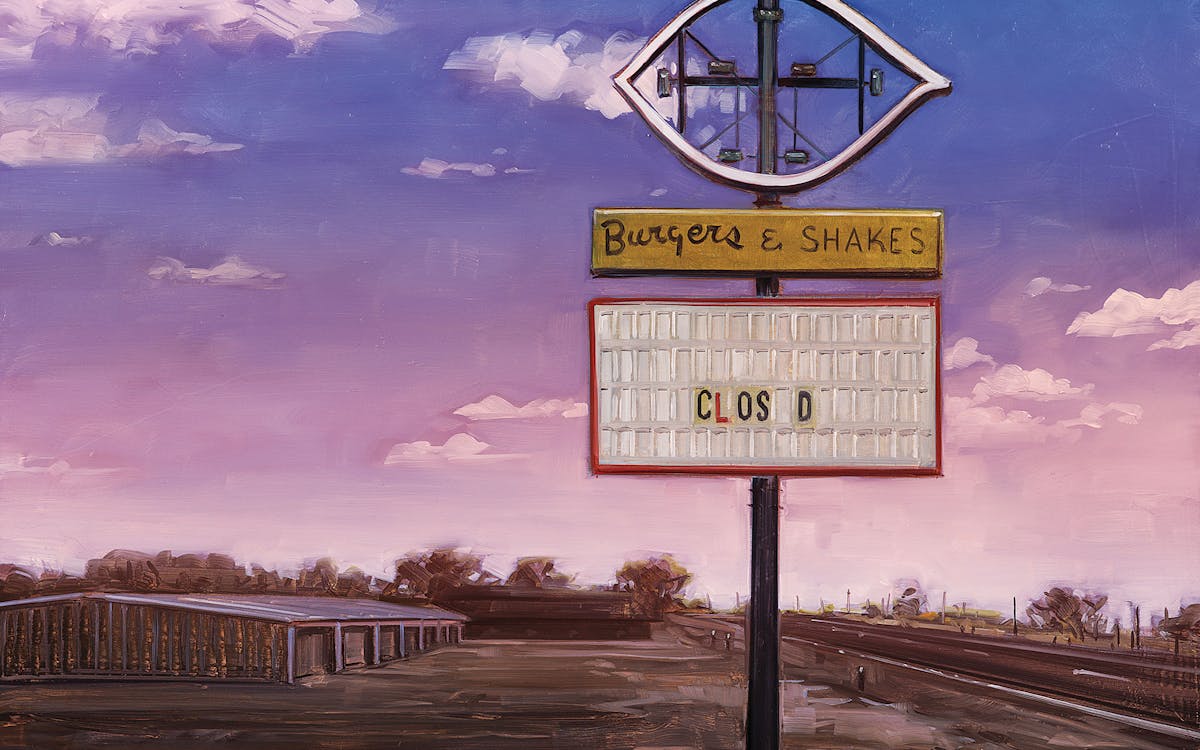Going, Going, Gone
In the nineties, well-heeled investors began rolling up mom-and-pop businesses across the country, from plumbing to pest control, hoping to boost profitability by providing economies of scale. The result has been baleful for small towns.

Capital Thinking • Issue #460 • View online
On one Thursday afternoon, the front lawns of Lockney, a South Plains farming town of fewer than two thousand, were still dusted with the windblown residue of the cotton harvest. Main Street was largely deserted, and most of the storefronts were empty.
Though locals long ago became hardened to news of economic woes, the latest casualty was one that few could fathom: the local Dairy Queen, the iconic fast-food mainstay of small-town Texas, closed in late October.
“They came in during the night and took everything,” said Buster Poling, Lockney’s city manager.
A Farewell to Dairy Queens
Now the store is a hollow shell sitting in the shadow of the town’s rusted water tower. Its red roof is marked with a teardrop-shaped scar where the DQ logo once perched. Inside, the menu boards have been stripped clean. On a side window, “Go Horns” is still written in white shoe polish, a tribute to the local high school football team, whose fans would gather at Dairy Queen after games.
The old saying that every Texas town has a Dairy Queen is no longer true for many communities, especially the agricultural hamlets of the Panhandle, which have been disproportionately affected by a spate of closures. On October 30, Vasari LLC, which operated about 70 Dairy Queens across Texas, Oklahoma, and New Mexico, filed for bankruptcy and announced it was closing 29 stores, 10 of them in the Panhandle.
In Haskell, about 150 miles southeast of Lockney, city manager Janet Moeller was so concerned when she heard about the closure in her town that she called her counterpart in Graham to see if the owners of its Dairy Queen would buy the Haskell site and reopen it. So far, nothing has come of the request. “It’s devastating for Haskell,” she said.
---------------------
Dairy Queen has long been a staple of small-town Texas, and although we have 585 restaurants, more than any other state, the chain didn’t actually start here. In 1938, J. F. “Grandpa” McCullough and his son, Alex, first sold their newly invented soft-serve at an ice cream parlor owned by Sherb Noble, in Kankakee, Illinois.
The product proved to be a hit. Two years later, Noble became the first DQ franchisee when he opened a soft-serve shop in Joliet—he called it Dairy Queen because Grandpa often referred to the cow as “the queen of the dairy business.”
Dairy Queen reached Texas in 1946, when Missouri businessman O. W. Klose and his son, Rolly, bought the franchise rights and opened a store on Guadalupe Street in Austin, near the University of Texas campus. Rather than selling just ice cream and desserts, though, Klose added burgers and other savory items, which set Texas Dairy Queens apart from others across the country. (Dairy Queens in some other states now offer these options, but Texas Dairy Queen menus remain unique.)
To this day, virtually every Dairy Queen is a franchise; only two, both in Minnesota, are company owned. (International Dairy Queen Incorporated is based in Minneapolis and is now owned by Warren Buffett’s Berkshire Hathaway.) That’s markedly different from the growth strategies of chains like McDonald’s and Burger King, which have always maintained a healthy number of company-owned outlets. That, plus the chain’s lower franchise fees and shorter wait times for prospective owners, made Dairy Queen appealing to small-town entrepreneurs. Soon stores were popping up across rural Texas, and they became ingrained in the social fabric.
“Before the Dairy Queens appeared the people of the small towns had no place to meet and talk; and so they didn’t meet or talk, which meant that much local lore or incident remained private and ceased to be exchanged, debated and stored,” Larry McMurtry wrote in his 1999 memoir Walter Benjamin at the Dairy Queen: Reflections on Sixty and Beyond. (Benjamin, a German philosopher, pronounced his name “Ben-ya-meen,” so the title rhymes.)

